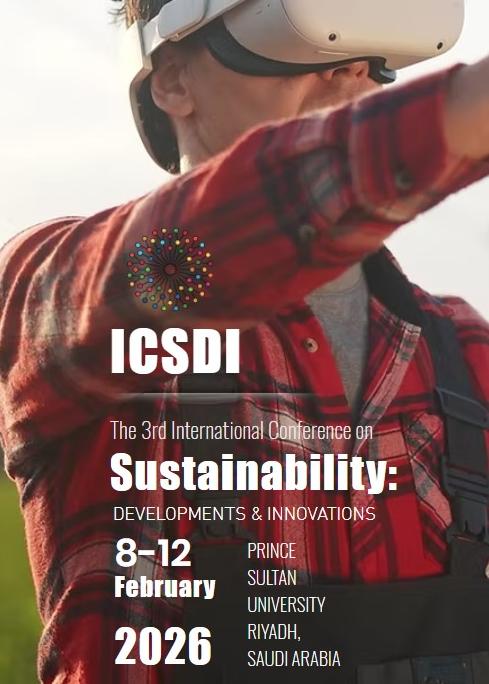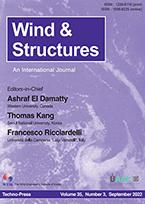Special Session on High Performance Services Computing and Internet Technologies
SerCo 2017
- URL: http://hpcs2017.cisedu.info/conference/special-sessions---hpcs-2017/session05-serco
- Event Date: 2017-07-17 ~ 2017-07-21
- Submission Date: 2017-03-27
- Location: Genoa, Italy
Architecture Computing Systems Uncategorized
But there is a specific combination of application characteristics and requirements that seemingly put SOAs to the test: data-intensive tasks coupled with performance and temporal requirements. The challenge is justified because SOAs are simply not meant to deal with shifting large data volumes between nodes. And unfortunately this is a common problem nowadays: IoT and big data applications are simply two general application categories that come with exactly those characteristics and -more often than not- with the said temporal requirements. To a certain extent the problem is mitigated through the increase of the SOA infrastructures’ computing and storage node density while “stretching” them at the same time. Edge and fog computing as well as lambda services are emerging trends that validate the concept.
This workshop invites research communities from a diverse set of scientific areas such as cloud, distributed, parallel and high-performance computing to publish their work and share opinions about applications, challenges and viable solutions to the potential new systems emerging from the need to deal with data intensive application tasks within a SOA framework.
Topics
The workshop seeks works dealing with topics that revolve around the general combination of SOA, data intensive applications and temporal requirements. The technology space for this work may relate to the following not-limited list of technologies and use cases:
• Foundational aspects of SOA, Services Computing and HPC
• Service oriented computing architectures for Big data and data-intensive tasks
• Internet of Things Technologies
• Edge and Fog Computing
• HPC Cloud and Services oriented computing
• Service-oriented Computing for Smart Systems and Cyber Physical Systems
• System Virtualization and Container infrastructures for Service Computing
• Microservice-based systems and architectures
• Lambda and nano services
• Service migration and other approaches to Elastic Computing
• Operations and Management for Service-Based Systems
• Software Engineering and Programming models for Service Oriented Computing
• Service-oriented Business Models and Business Process Integration
• Standards and Specifications of Services
• Service Security, Privacy and Trust
• Use cases for Service-oriented Computing
Special Session Organizers
• Emanuele Carlini, CNR, Italy
• Massimo Coppola, CNR, Italy
• Patrizio Dazzi, CNR, Italy
• Konstantinos Tserpes, Harokopio University of Athens, Greece
• Dimitrios Zissis, University of the Aegean, Greece
Special Issue
Extended versions of selected papers will be invited for possible publication in a special issue in Elsevier's Future Generation Computer Systems Journal (FGCS). Details will be provided during the special session but the submission date for the SI is set for October 31, 2017.














